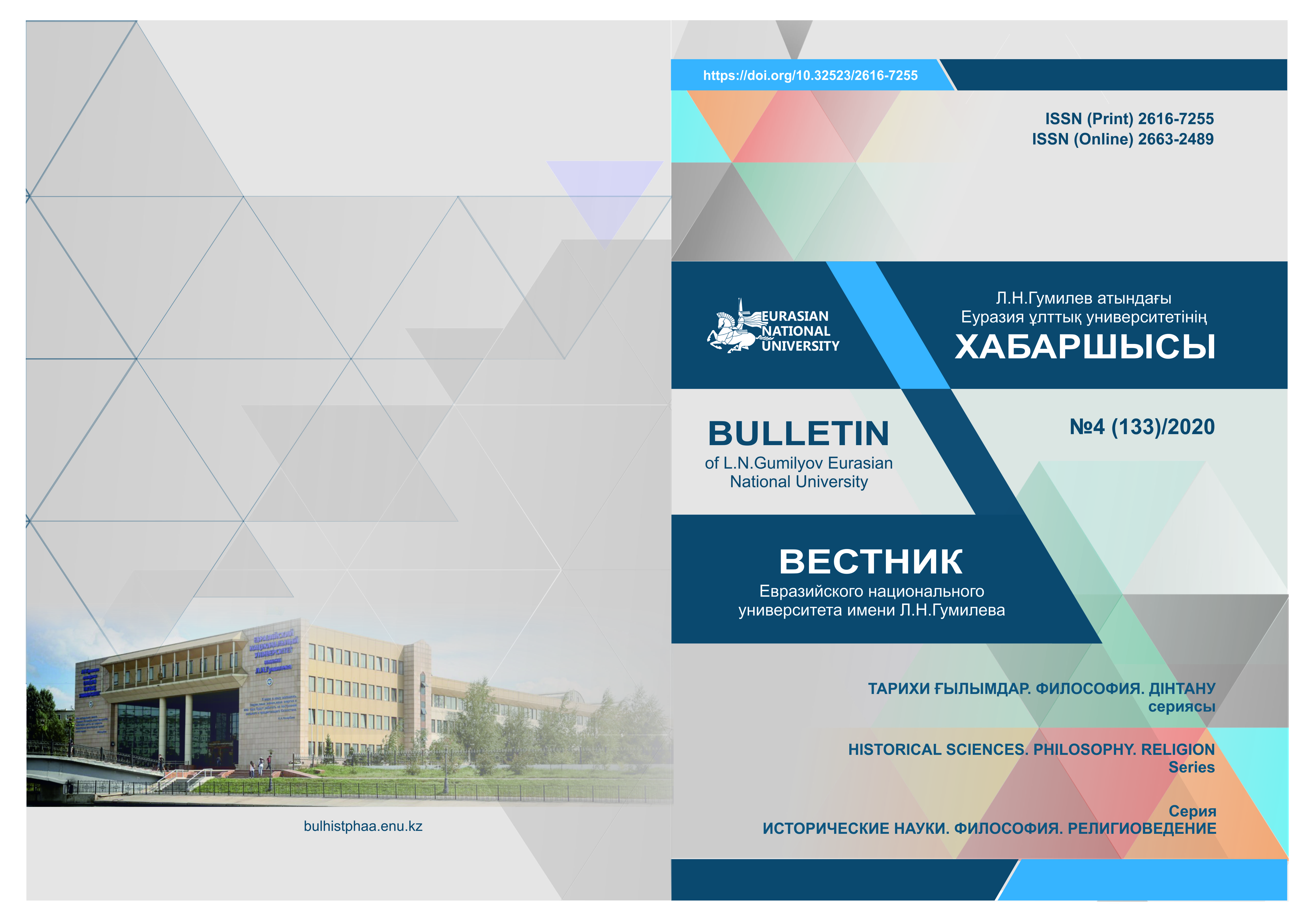Correlation of logical and intuitive knowledge in cognition
Views: 207 / PDF downloads: 210
DOI:
https://doi.org/10.32523/2616-7255-2020-133-4-71-76Keywords:
logic; intuition; cognition; creativity; discursive thinking; intuitive thinking.Abstract
The article examines the philosophical problems of classical logic and intuition, which is a necessary tool for the cognitive process. The role and significance of logic in the history of philosophy, the relationship
between logic and intuition, their role in cognitive activity. The significance, role and stages of creativity in the aspect of modern problems of cognition, as well as the relationship between creativity and intuition are considered. The insufficiency of discursive thinking in scientific problems is proved, and intuitive thinking is considered as heuristic knowledge that generates new ideas. The analysis of definitions of intuition by philosophers in the history of epistemology is carried out. The classification of intellectual intuition is given. Logic and intuition are considered not as antipodes, but as forms of thinking closely related and complementary to each other.
Downloads

Downloads
Published
How to Cite
Issue
Section
License
Copyright (c) 2022 Bulletin of L.N. Gumilyov Eurasian National University. Historical Sciences. Philosophy. Religious studies series.

This work is licensed under a Creative Commons Attribution-NonCommercial 4.0 International License.







